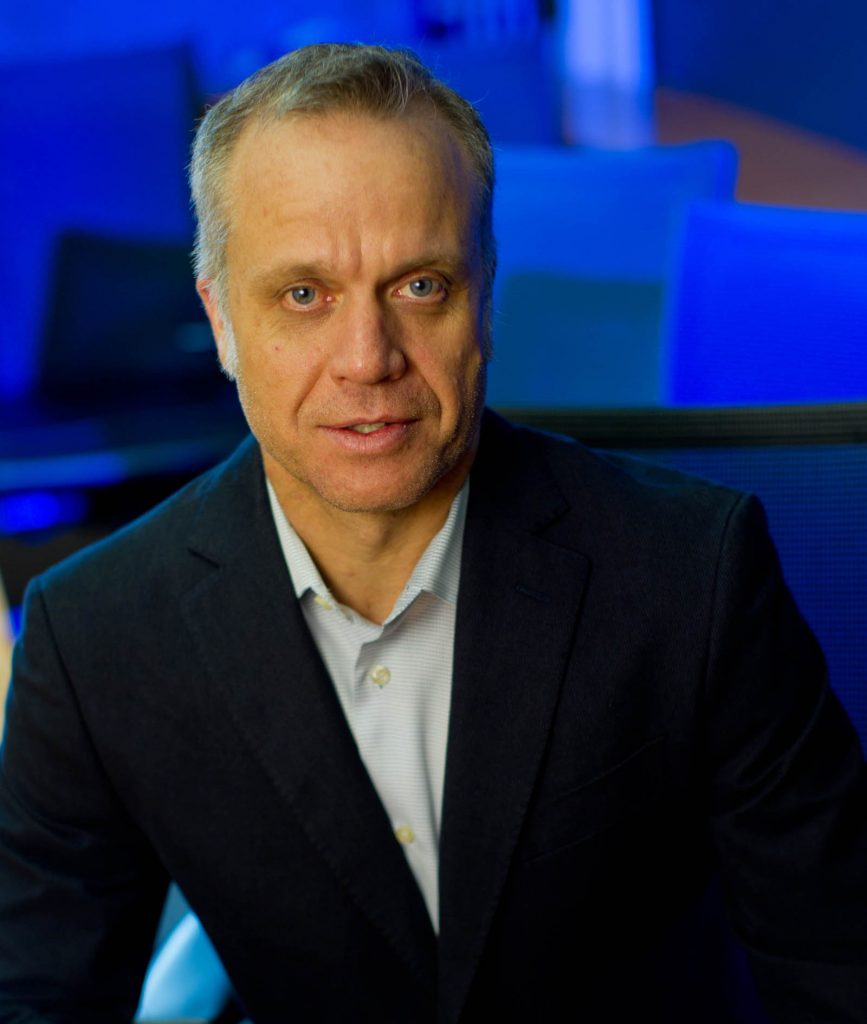
Eric Carlson comes from middle-class roots, but with grit, hard work, and a relentless entrepreneurial spirit, today he heads one of B.C.’s biggest property development and management companies.
He loves business, the art of the deal, and the infinite power of leveraging to create something bigger than you can alone.
He also loves the buildings on the downtown eastside. As a young kid, he’d take the bus from North Vancouver on weekends to visit the Army & Navy to look for fishing tackle, Woodward’s for a fresh doughnut, and the local pawn shop for a good find.
In 2010, those two loves compelled him to give to Streetohome. “Over the years, I had started solidifying my own thoughts about homelessness in Vancouver, particularly the downtown eastside, and I really wanted to do something to help. When Streetohome came to me with the idea of the private sector working with government to get better outcomes synergistically, I thought that’s the way to go.
“My money would go further if I donated to Streetohome than trying to solve the problem on my own. And, if I was going to take a small step in trying to address the issue, the step I was going to make collaborating with Streetohome was going to be way bigger.”
Since 2008, Streetohome has leveraged more than $28 million in private funding to create partnerships with government and non-profit sectors, resulting in 19 developments that when completed will provide 1,200 supportive housing units for the homeless.
Streetohome is currently fundraising for three of the newer proposed developments. Each is innovative, cost-effective, and sustainable. One of the three, Co:Here Housing, involves a collaboration between Streetohome, Salsbury Community Society and Grandview Calvary Church to build supportive housing on a church parking lot to house homeless already living in the Grandview Woodlands neighbourhood. Six units will be reserved for co-residents who will pay a reduced rent in exchange for helping formerly homeless residents, living in the other 20 units, to develop independent living skills. This unique approach removes the need to tap government funding for support services – saving taxpayer dollars.*
It’s the kind of project that excites maverick Eric Carlson, because of the “out-of-the-box” problem-solving.
“It’s really easy for a productive person to say to a homeless person, work harder, step-up, but if you have a mental illness or chronic depression, you’re almost incapable of functioning the same way as you or me. It’s like asking a person with a broken leg to run faster.”
“Many people with mental illness turn to drugs, and they get into a self-defeating cycle where they can’t even think about or conceive of a better future. They’re just sort of plodding along through misery, and they end up on the streets because they aren’t able to work or function.”
“I don’t think anyone wants to be living on the street or in a shelter, but it’s all they have, it’s their reality, so they cope, they adjust. It’s not nice to be homeless by anyone’s standards. It’s a big social problem – not just in Vancouver – but most major cities – and it breaks my heart when I see it.”
What particularly pulls at Eric’s heart-strings is seeing young homeless people. “Seeing young people prosper and live up to their potential makes me happy, and seeing them messed-up and addicted to drugs and living on the streets, makes me unhappy. We should help troubled youth, so they don’t pass through the threshold of being permanently damaged.”
He’s hopeful that enough entrepreneurial spirit, positivity and creativity exist in the city to make the problem manageable. “If we ignore it, it’s going to get worse, and it’s going to get even more difficult and expensive to manage.”
